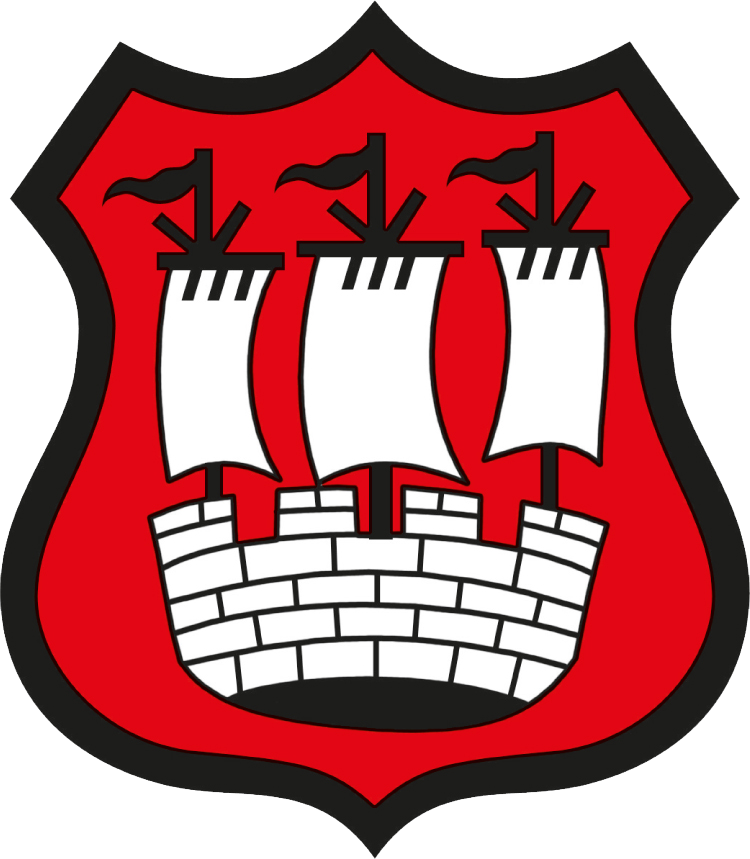Computer Science
We want our department to be a place where teachers:
- Are inquisitive and proactive in enhancing their own subject knowledge and corresponding pedagogical practice to enable the highest impact on pupil achievement.
- A desire to work collaboratively within the faculty and trust, sharing resources and new ideas where appropriate.
- Work as a cohesive team with one vision and focus to ensure that we meet and achieve the best that we can for all of our students.
We want our department to be a place where students:
- Can analyse problems and apply the fundamental principles and concepts of computer science to provide solutions.
- Work collaboratively and form positive relationships with their teachers and always try their best.
- Embrace technology, be passionate and successful with the work that they are doing
KS4
Similar to our curriculum in KS3, we firmly believe in preparing students for life in industry and further education. With this in mind, we offer two pathways at KS4; Computer Science and Digital Information Technology. Students that have enjoyed spreadsheets, graphical user interfaces and using software to solve problems at KS3 are encouraged to study our BTEC in Digital Information Technology. This is an interesting course where students use software to solve a range of problems and then explore what makes an intuitive use interface. Students that have enjoyed developing their problem-solving and programming skills are encouraged to study Computer Science. In this course, students further develop their computational and critical thinking, plus analysis and problem-solving skills. The IT industry has a growing importance, with Computer Science being a vital element of that.
Implementation
In order to implement our curriculum intent we have created two key priorities:
To provide challenging and engaging lessons and opportunities for students to take ownership of their own learning.
- Reducing teacher-led talk and using a combination of different strategies to add variety and the element of “fun” to lessons.
- Maintain a challenging and engaging pace in lessons so that students are not passive and are actively engaged with their learning.
- To create engaging resources via our Google platform that takes into consideration the cognitive load of our students.
- Use meta cognition to enable students to find deeper meaning in how and why they think the way they do, therefore increasing the effectiveness of how they engage in the lesson and also how they internalise and analyse their knowledge.
- Observing the lessons of other teachers within and outside the faculty to find new ways of working.
- Ensuring that we learn and implement new ideas gleaned from internal and external teaching and learning CPD.
- Evaluating the effectiveness of new techniques and taking forward the most effective strategies to use in our modified teacher toolkit.
- Providing students with an in-depth knowledge of the assessment of their course and therefore an understanding of how they can best meet the criteria.
- Teaching students to be independent and autonomous learners by ensuring that feedback is not prescriptive but gives them the opportunity to use their knowledge of the assessment criteria to identify for themselves the next steps that they need to take to improve.
Improving pupil success at KS4 and KS5 and awarding success on the way.
- Consistent use of Bromcom to track and reward students for their hard work in line with the behaviour policy at Welling School.
- Phone calls home to parents when exceptional work is completed.
- Be consistent in using the behaviour policy and school “park” strategy to ensure that students have the optimum environment for learning.
- Providing extension activities and or projects to challenge HAPS but also students who need to improve.
- To provide weekly catch-up or extension sessions within the faculty to help support those that need additional guidance.
- Mini-quizzes, multiple choice and keyword activities to involve students in low stakes testing.
- Walking talking mocks to simulate good practise.
- Focus on higher order questioning that need application of knowledge and evaluation of concepts by scaffolding exemplary work.
